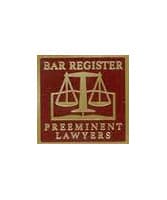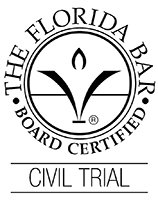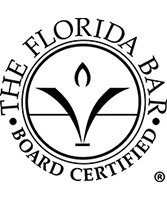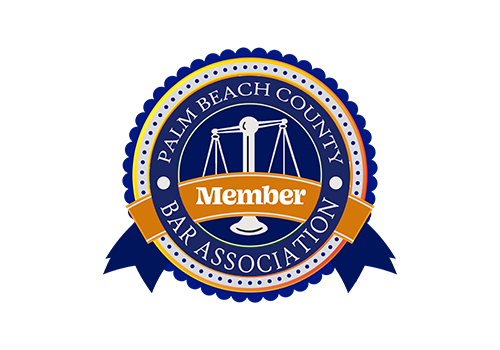Is Mediation Legally Binding?
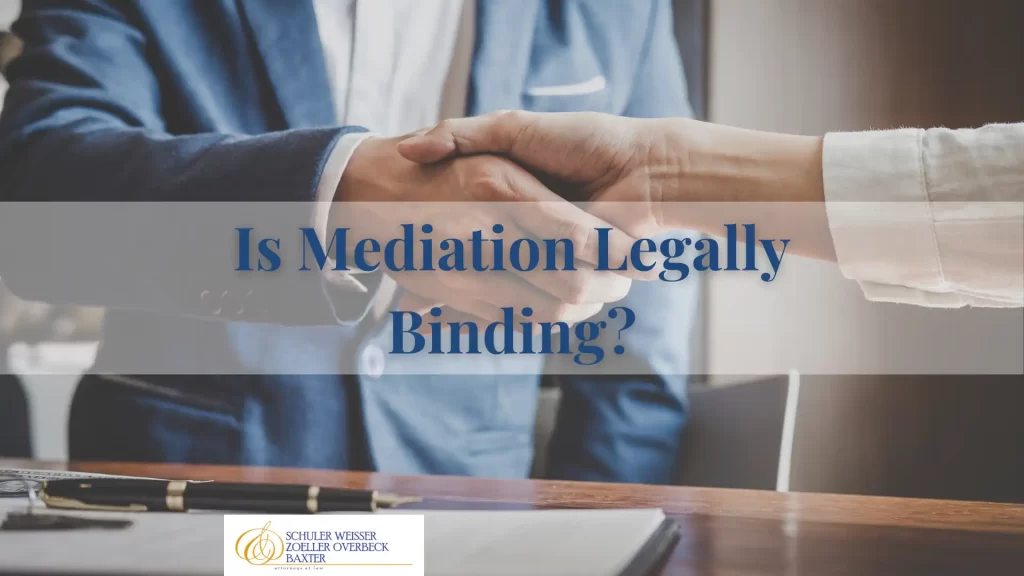
Mediation is a structured process in which a neutral and impartial third party assists the parties in negotiating a mutually acceptable resolution. The mediator is generally an attorney with experience in alternative dispute resolution (ADR) and likely has a basic knowledge of the relevant law. Their job is to keep the focus on the relevant facts of the case and assist the parties in reaching an acceptable agreement to all parties, which can be done by pointing out weaknesses, strengths, or how much may be awarded if the case goes to trial. Parties can voluntarily enter mediation or the court may require it in the case’s jurisdiction. Mediation agreements, whether court-ordered or voluntary, become legally binding only when signed by all parties involved.
When Is Mediation Required in Florida?
In Florida, statutes or contracts can mandate mediation. For instance, an employment contract may include a mediation clause mandating mediation before lawsuit filing. In personal injury cases, mediation is typically voluntary or statutory.
Florida law mandates that a court must refer any compensation-related civil action to mediation upon one party’s request, provided the requesting party covers mediation costs or both parties share them equitably, with exceptions duly considered.
What Are The Benefits of Mediation?
Mediation has become popular among both plaintiff and defendants because of the many benefits, which includes:
- Confidentiality: Most mediation communications are confidential because it encourages open and honest communication between the parties. Mediation is an informal, nonconfrontational conversation that allows parties to reach a mutual agreement that a mediator guides. Communication that is not confidential during a mediation session includes discussion concerning a crime or the concealment of criminal activity, communication about professional misconduct that occurred during mediation, or discussions about professional malpractice
- More Informal Process: Mediation aims to facilitate nonconfrontational negotiations between parties to achieve a mutually agreeable resolution. The more formal a conversation, the less likely parties are to be open and honest about the strengths and weaknesses of their case.
- Lower Cost: Preparing for trials involves significant manpower, making them expensive. In contrast, preparing for mediation is cost-effective due to reduced preparation time and lower mediator fees compared to expert witnesses required for trials, depending on the case.
For example, in Florida, a court-ordered mediator may charge $40 per hour for cases in county court. However, if the mediation is voluntary, the parties will establish a fee arrangement that can include a per-hour rate or a flat fee.
Speed: Successful mediation often yields resolution in one or two sessions lasting three to four hours, requiring less preparation than a trial. Mediation concludes when either the parties reach an agreement or when the mediator decides that an agreement is unattainable.
Mediation agreements are enforceable: While agreements met verbally during mediation are not enforceable, once the parties sign a written mediation agreement, that agreement becomes legally binding. Therefore, if mediation leads to a legally binding agreement, the court will enforce it like any other contract.
Does Mediation Mean Settlement?
No, mediation does not necessarily equal a settlement agreement. The parties must sign a written mediation agreement that will constitute an enforceable settlement agreement. There are a few circumstances in which a mediation agreement is not legally enforceable, such as:
- Mental incapacity
- Undue influence
- Duress
- Fraudulent misrepresentation
What Are the Consequences for Breaking a Mediation Agreement?
 Once both parties sign a mediation agreement, it becomes an enforceable contract. Violating the agreement can result in refiling the original lawsuit and pursuing a contract violation claim.
Once both parties sign a mediation agreement, it becomes an enforceable contract. Violating the agreement can result in refiling the original lawsuit and pursuing a contract violation claim.
In cases of court-ordered mediation, violating the contract also constitutes a breach of the court order. This may prompt the case to be promptly presented to a judge, who will determine legal actions, like contempt of court.
Contact Us Today
If you have filed a claim and are considering whether mediation is a good option or have been ordered to go to mediation by the court, contact an experienced attorney at Schuler, Weisser, Zoeller, Overbeck & Baxter P.A.. Our team of experienced Florida personal injury attorneys is ready to champion your best interests and secure the compensation you rightfully deserve.
Contact us today at (561) 689-8180 or online for a free consultation and to learn more about your legal options.
Related Reading:



